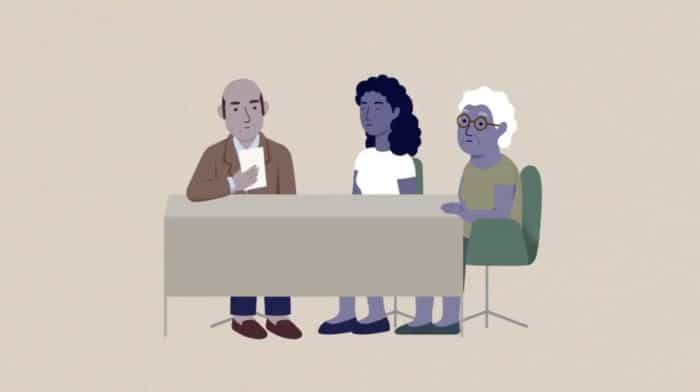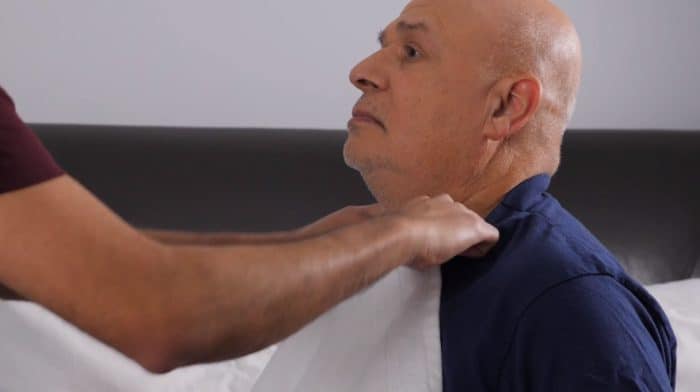Will and Power of Attorney
Will and Power of Attorney
As a caregiver, it is important that you have a will. The person you are providing care for should have a will as well. Anyone with dependents or assets should have a will.
The risk of not having a will is that one’s wishes may not be respected in the event they cannot speak for themselves.
By having this discussion up-front and hiring a lawyer to prepare these documents, you can ensure that your wishes and/or the wishes of your care recipient will be respected and followed. This will help to reduce unnecessary stress to family members in tough times.
Here are the documents that are typically prepared and what they do:
1.Power Of Attorney (POA) – Personal
2.Power Of Attorney (POA) – Property
3.Will
POA – PERSONAL
This document gives the person you choose the right to make medical decisions for you should you be unable to speak for yourself (e.g. you’re unconscious). Do you want them to operate or not?
POA – PROPERTY
This document gives the person you name the right to make financial decisions for you should you become mentally incapable. They can pay your bills and take care of your business affairs if you are unconscious or otherwise unable to do so.
WILL
This document tells people how you want your assets to be divided. It also includes your wishes as to your funeral or memorial service arrangements. The moment you die, the POAs are automatically void and the will becomes the legal and active document.
Substitute Decision Maker (SDM)
If you are not mentally capable of making a decision, then someone else, known as your SDM, would be entitled to make these decisions for you. You can name an SDM in your will or POA. Sometimes the SDM is different than the person named in the POAs.
How to get a Will and POA
| Option | PROS | CONS |
|---|---|---|
| Hire A Lawyer | • Receive good advice and learn scenarios you may not have thought of • Documents are legally binding • Less work for you • Executor* has someone to go to and ask questions | • Costs money; approx. $300 - $400 • Involves going to a lawyer’s office during business hours, which may mean you have to take time off |
| Do It Yourself • Self Counsel Press has “Last Will & Testament & Living Will Forms” • Permacharts has inexpensive forms on Amazon • Many books on writing wills — search “Do it yourself will” | • Free to nominal fee for “Do-it-yourself” forms | • May not be legally binding • More work for you • Unless you’re trained, it takes a lot of time and patience to read through the materials and understand them |
| Online: Legalwills.ca | • Less $ than a lawyer • Launched in year 2000 so their wills have gone through the probate process without any reported issues | • A minor error or oversight may cause the will to be void. • More work for you. |
| Online: Willful.co (co is correct; No, ‘m’ required.) | • Cheaper than a lawyer • Launched in 2017 | • Minor error or oversight may cause the will to be void • More work for you |
Important! Canadian law does NOT allow for wills to be signed online so you need to print the documents and sign them in the presence of two witnesses for them to be legally binding. Once signed, store your will in a safe place (Make sure your executor* knows where it is!)
* EXECUTOR (EXECUTRIX, if female)
This is the person named in the will to carry out the instructions of the will. The executor will gather up the estate assets, pay debts and divide and distribute the remains of the deceased’s estate among the beneficiaries.
Living Will
This pertains to your health and end of life. A living will informs people of your preferences regarding end of life care e.g. life support, resuscitation, blood transfusions, etc.
The difference between a will and a living will:
Will (AKA “Last Will”)
Distributes a person’s property and assets after their death.
Living Will (AKA “Advance Directive” or “Directive to Physicians”)
Describes what kind of medical care the person wants when they are still alive but unable to explain their wishes e.g. in a coma or unconscious.






